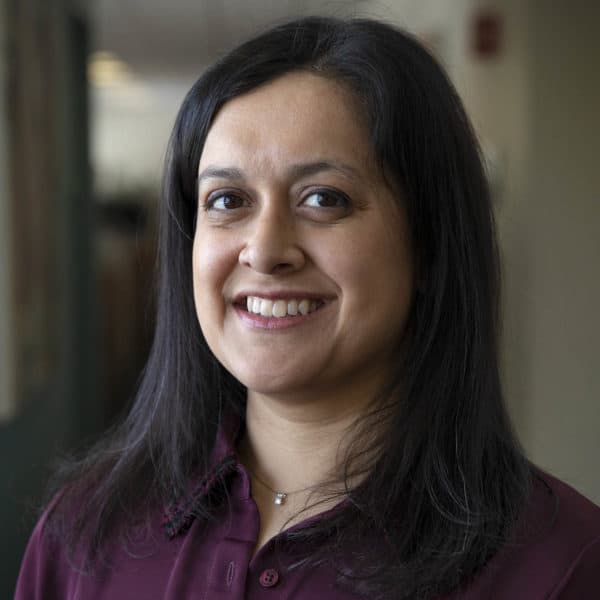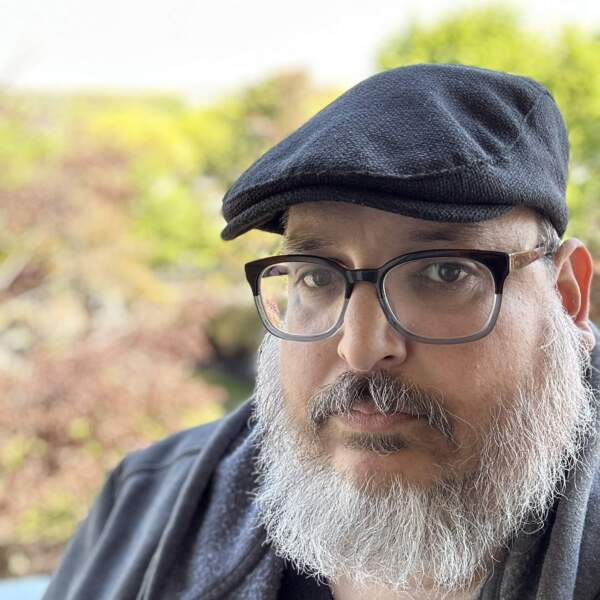Advertisement
Cambridge selected as a hub for a federal life sciences network
Massachusetts will be home to a center dedicated to finding faster, more efficient and effective treatments for cancer, Alzheimer's, diabetes and other diseases.
State officials and health care leaders on Tuesday praised the federal government’s decision to make Cambridge one of the hubs of the Advanced Research Projects Agency for Health, known as ARPA-H.
Massachusetts was chosen to host the Investor Catalyst Hub, meant to help ARPA-H programs "navigate the complexities of the business and regulatory landscape and provide resources to help bring ideas to market," according to the governor's office. Hubs focused on other aspects of the initiative will open in Dallas, Texas and the Washington, D.C. area.
Massachusetts Economic Development Secretary Yvonne Hao described ARPA-H as an initiative to speed up the process of developing new, effective innovations in health care.
"This is kind of a startup within the government aimed at really, fundamentally rethinking healthcare and going after big solutions to really complicated problems," she said in an interview with WBUR.
According to Hao, the hub in Cambridge will host program managers that manage a portfolio with funding to invest in projects, grants and other initiatives. The goal is for these managers to help deliver hundreds of millions of dollars in funding to help solve some of the thorniest issues in health care.
"How do we think big about curing cancer and preventing diabetes and, you know, reducing health equity disparities and getting drugs to market fast?" she said. "These are big, complicated problems that can be solved by applying big chunks of money and really moving much more quicker and much more creative."
The effort is different than more traditional models of federal funding for programs, like National Institute for Health grants, she said.
"The goal of ARPA-H is to be much quicker and much bigger, looking at very large, complicated problems, and can we attack that in a different solution, a different way, and really make a difference quickly," said Hao.
It's not yet clear how many jobs the initiative will bring to Massachusetts. Hao said she expects more details in the coming weeks.
Brian Johnson, president of the Massachusetts Medical Device Industry Council, said the announcement "cements the commonwealth's standing as the global epicenter for health innovation."
It also represents a payoff on state investments made over the last 15 years in the life sciences sector, Johnson said. Greater Boston won the competition "head and shoulders" above other regions, he said, adding, "We beat Silicon Valley for the right to host this."
The state Executive Office of Economic Development partnered with the Massachusetts Life Sciences Center, Hadley-based nonprofit VentureWell and a group of hospitals, health centers, and research and academic institutions to submit a proposal to the federal government in the spring.
Leaders of the Mass General Brigham hospital system were among a group of state officials and local executives who pushed to make the Boston area a hub of the federal effort.
"The federal government is embracing health care innovators in a new way," Chris Coburn, chief innovation officer at Mass General Brigham, told WBUR. "It's a big deal for Boston to be in at the beginning of this entirely new phase of health care innovation."
State House News Service reporters Sam Drysdale and Michael Norton contributed to this report.

